Enhanced Empathy,
by encouraging individuals to understand and care about other’s suffering and needs, as well as
Increased Resilience,
by teaching them how to cope with and recover from personal and community crises
Österreichisches Jugendrotkreuz | Wiedner Hauptstraße 32 | 1040 Wien | jugendrotkreuz@roteskreuz.at |
01 589 00-173Humanitarian education lays the foundation for a more empathetic, responsible and peaceful society, bringing significant benefits to individuals and society as a whole:
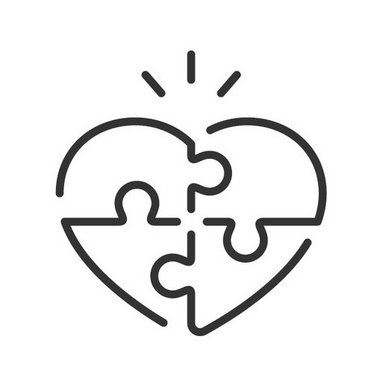
Enhanced Empathy,
by encouraging individuals to understand and care about other’s suffering and needs, as well as
Increased Resilience,
by teaching them how to cope with and recover from personal and community crises
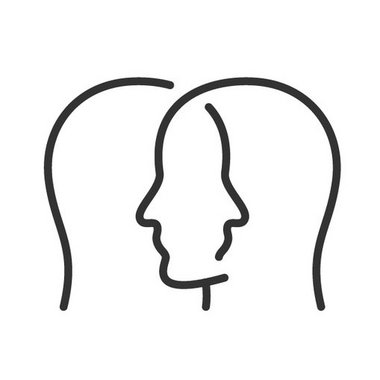
Improved Conflict Resolution Skills,
by promoting peaceful approaches to addressing and resolving conflicts, as well as
Improved Critical Thinking,
enabling individuals to analyze complex situations and make informed, ethical decisions
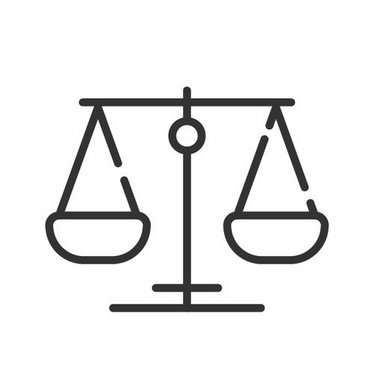
Better Knowledge of Human Rights & International Humanitarian Law,
empowering people to advocate for their own rights and the rights of others, as well as
Improved Inclusion,
by encouraging respect for diversity and reducing prejudices,
leading to more cohesive and inclusive communities
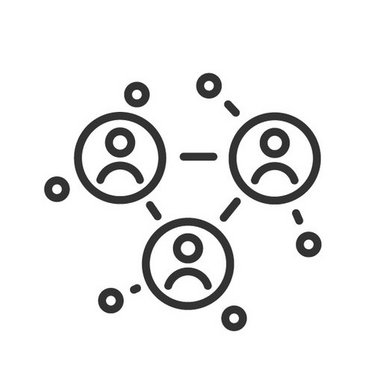
Increased Community Engagement,
by strengthening community bonds and support social systems,
as well as
Increased Social Responsibility,
motivating people to act upon improving others’ lives and address social injustices
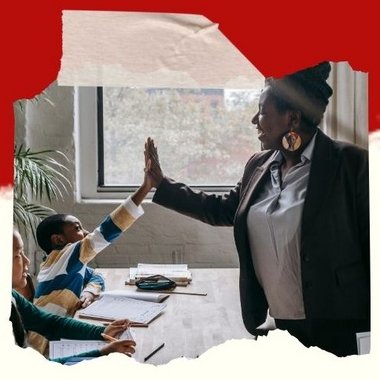
Training & Development

Research

We work with a network of partners to expand humanitarian education within formal programs worldwide.
Our Reference Center facilitates educators, academic and research institutions, international organizations, foundations as well as with 191 Red Cross and Red Crescent National Societies globally and dedicated partners – like you!
You can support humanitarian education and inspire change in the world:
Contact us to learn how you can get involved: RCHE@roteskreuz.at

We are the Austrian Red Cross with decades of expertise in the implementation of humanitarian education programs within the formal education sector.
Our extensive experience has cultivated a firm belief that education is more than just a tool for sharing knowledge.
Humanitarian Education enables individuals
to interpret situations from a humanitarian perspective
and develop the knowledge, values and skills
that empower them to take action.
This form of education is values-driven, needs-based
and people-centered.
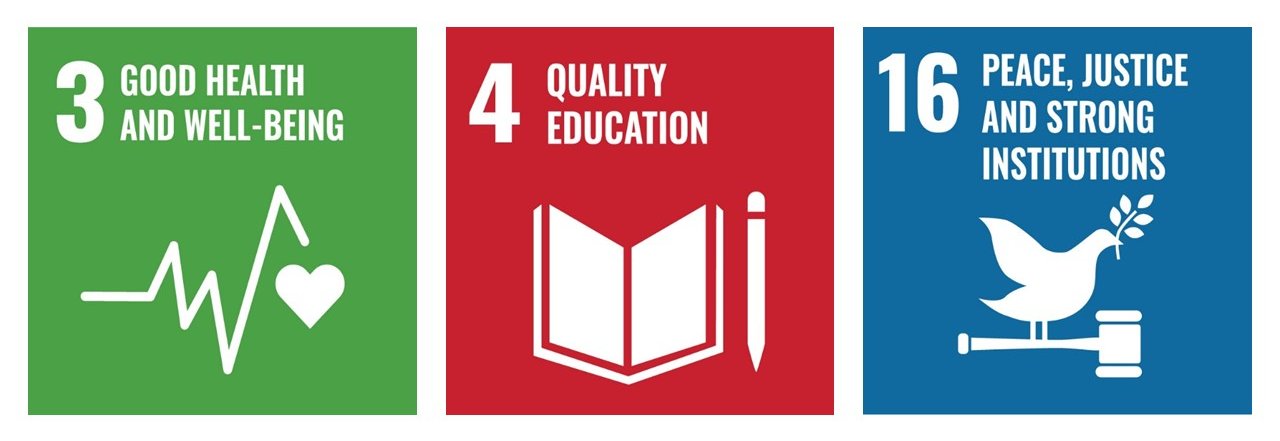
The IFRC strives to enhance safe, continuous and equitable access to inclusive quality education for all individuals - especially children, adolescents and young adults, as well as those affected by crisis, left behind or excluded from education systems and societies due to their social and political vulnerability.
Through its five-year RED Education flagship program, by 2030 the IFRC aims to have supported 40 million children and young people, 1 million teachers and education personnel, in 100 000 schools and other educational spaces, across 100 countries.